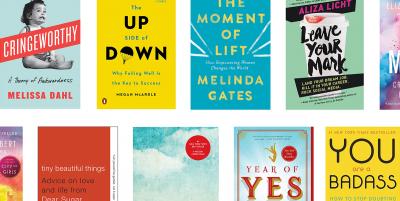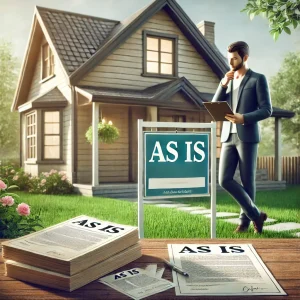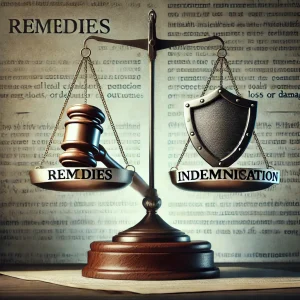I recently visited a bookstore to buy myself a birthday present. When I came through the door, I immediately encountered a large table with dozens of self-help books on it. The store’s management had strategically placed the table in a location that would force customers to walk around it.
My first thought was that there sure are a lot of folks writing self-help books. My second thought was there must be a whole lot of folks seeking some kind of help.
Not the least bit interested in self-help books, I meandered through the mystery, philosophy, and current events sections. But I kept thinking about all those self-help books. All those self-help authors. And all those people wanting some kind of help.
I understand people want more happiness, more fulfillment, more whatever. I get that. But I wondered why so many are searching for something more these days. I have some thoughts on it, but I’ll save those for another day. Maybe another column.
I returned to the self-help display and glanced at the titles. I even picked up a few books and skimmed random pages. Some were well-known classics and others had catchy titles without much substance. What I saw in those few moments confirmed two things I already knew. First, not all mental health professionals write well. In fact, many write poorly. Second, not all self-help authors have anything original to say.
As I thought about it all, I realized most people buying self-help books do so based on several unstated assumptions. First, they assume they can or should be happier, more fulfilled, or better in some way. Second, they assume the author has knowledge that will help them get there. And third, even if the first two assumptions are true, they assume reading the book will lead them to greater happiness, fulfillment, or to whatever improvement they seek. That third assumption bothers me.
Reading a book, by itself, can’t make you happier or more fulfilled. It would be nice if you could buy a book, spent a few hours reading it, and have a better life, but that’s not how it works. What usually happens is you buy the book, you read it, and you feel a bit better for perhaps a day, and then you forget what you learned and revert to your familiar thought and behavior patterns. So eventually, when you feel you want more happiness or fulfillment, you buy another self-help book and the same thing happens. After a while you own dozens of self-help books, but you’re not happier or more fulfilled.
Don’t get me wrong, there are some great self-help books. Two I particularly like are The Road Less Travelled by M. Scott Peck and The Way of the Peaceful Warrior by Dan Millman. But, assuming the book contains some useful idea or knowledge, reading the book is just the first step. You have to take that idea or knowledge, consider it in the context of your own life, and apply it in your life. Every day. For the rest of your life. This is what mental health professionals refer to as “doing the work.”
Self-help books hurt you by leading you to believe that just reading a book can improve your life. They suck up your money and time, and leave you frustrated because you did not realize reading the book was just the first step on a long journey.
I could buy a book on how to throw a football, but to expect that just reading the book would make me a better passer would be foolish. I would have to take the knowledge gained from that book and practice. I would have to push myself, ask what I am doing right, what I am doing wrong, and seek feedback from others. Maybe find a coach. If I did those things, day after day, week after week, month after month, and year after year, I would get better.
So instead of buying another self-help book, take one down from your shelf that you’ve already read. Read it again. Pick three ideas from it that resonate with you and write them down on an index card. Then consider those ideas in the context of your life. Devise a written plan on how you will incorporate those ideas into your life. Then execute that plan and hold yourself accountable. Every day.






